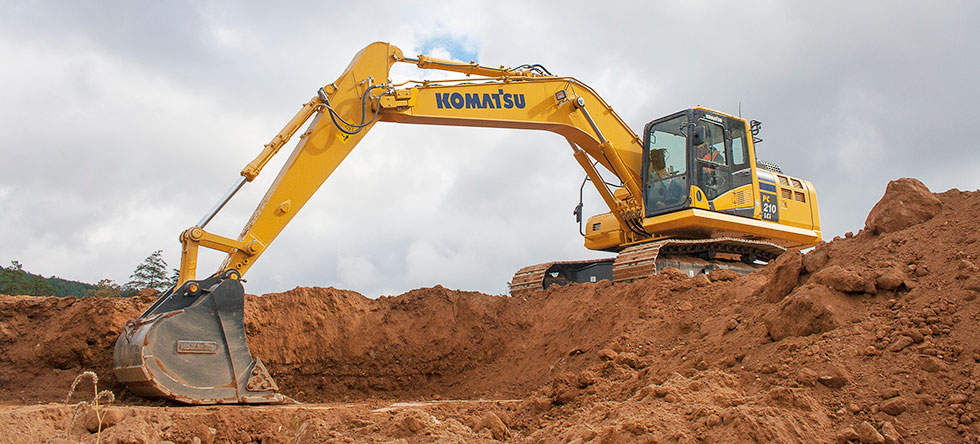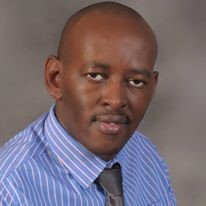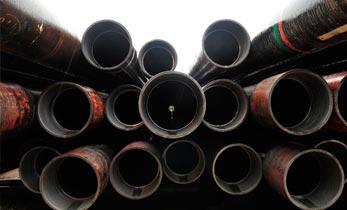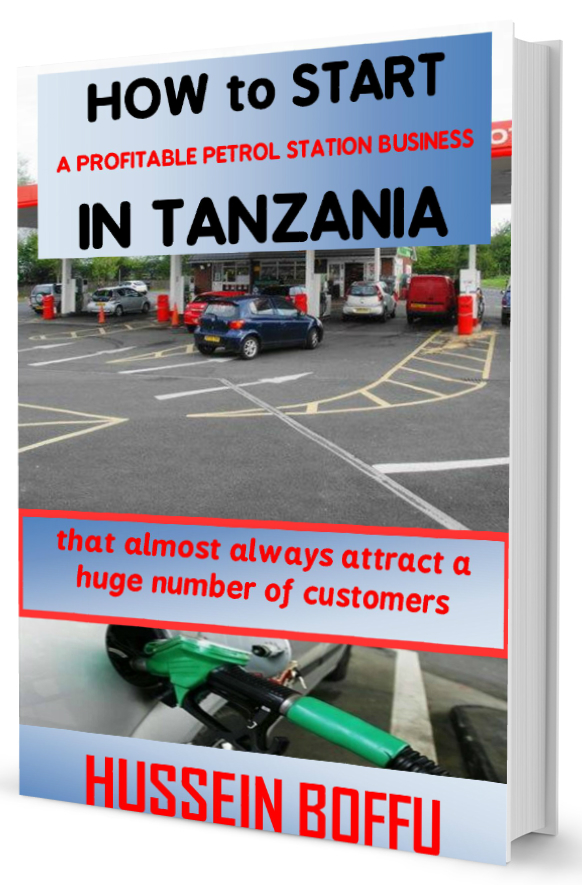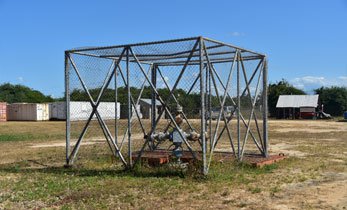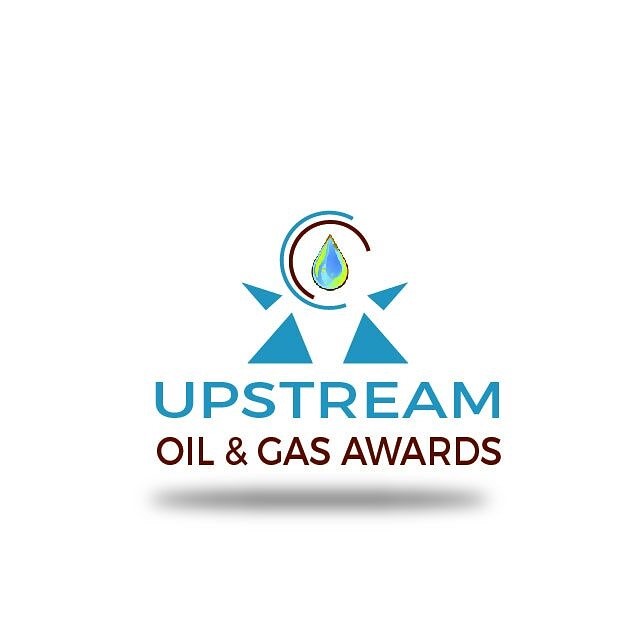Equipment Leasing Is The Lucrative Business In The East Africa Crude Oil Pipeline (EACOP)
Table of Content.
- Why equipment leasing Is The Profitable Business In The EACOP
- Steps How To Find Client For Equipment leasing In the EACOP-
- 3.Conclusion.
The construction of the East African crude oil pipeline creates immense business for the entrepreneurs seeking opportunities across various phase of the project. And one of the service you can render in the project is equipment leasing
Why equipment leasing Is The Profitable Business In The EACOP
With a lot of the construction works along the pipeline routes ranging from building new access roads and upgrading existing one. Contractors and subcontractors will need equipment to complete various projects.
Since contractors do not want to affect their working capital renting equipment will be their choice. Many contractors prefer equipment leasing because it helps them acquire needed equipment without affecting their operating budget and without an approval process.
There is a higher demand for the equipment leasing across various stage of the pipeline construction. Here are examples
During the “clearing” stage of the EACOP.
This phase involves removing all obstacles that can hinder construction process along the pipeline route. It consists cuttings, burning or removal of trees crops vegetations along the construction corridor. Once the area is well cleared, it easy to get construction equipment to the site
During “Grading” stage
The next activity in this construction of EACOP project is grading. This is the leveling of the ground so as to keep safe work and level surface operation for the pipeline construction crew and help heavy machine and huge construction equipment to smoothly operate along the pipeline route. Also since the EACOP passes via various topographies, leveling minimizes excessive pipes bending for example in the areas of steep slopes
During “Trenching” stage
The next stage of the EACOP construction process is digging the trench. The top of EACOP to be buried to a minimum of 1.2 meters below the ground surface. During this trenching operation, the crews will use excavators to remove material from the trench
To complete these activities contractors have to lease construction equipment ranging from excavators, bulldozers and so on.
3 Steps How To Find Client For Equipment leasing In the EACOP-
1.Decide the type equipment you want to offer in the EACOP
Many types of equipment leasing business you can offer in the project ranging from generator, excavators, bulldozers and other heavy machines
2.Have a good list of the contractors
Once you identify the type of equipment renting, the next steps are to find out the construction contractors and subcontractors in the project. Find out both local and international contractors that will participate in the construction of the project.
3.Market Your Business
Once you have a good list, you start to reach out to them one after the other with your offering. I suggest you focus on the local contractors who will involve in the project.
Conclusion.
Equipment leasing is the lucrative business not only in the EACOP project but across the various sector of the economy in Tanzania. If you want to give it a go but you don’t have enough money to purchase the equipment. I suggest you start as a broker and earn percent for each rental you make as result of your introduction. In regard to the East African pipeline project, the most in-demand equipment leasing businesses are construction equipment such as an excavator. But in another sector of economy office supply equipment, Farming equipment, generators, chairs rental and more.

